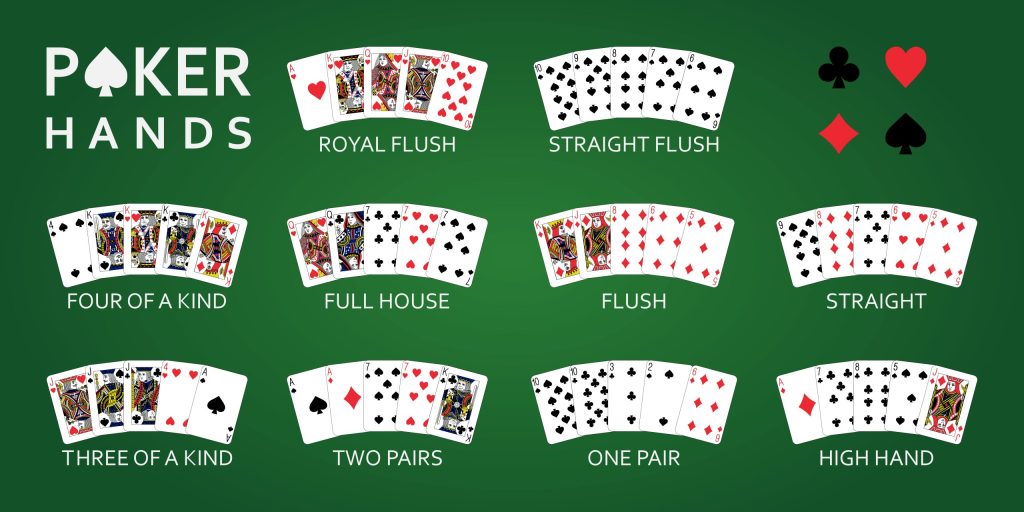Poker tips and strategies are factors to help players improve their skills and achieve success in this exciting game. This article gives you a general, detailed overview of poker from history, basic principles to advanced strategies and techniques. Let’s explore the fascinating world of poker with JILIMACAO!
Introduction to Poker
Poker is not just a card game; it is also an art, a psychological war between players. With strong development in recent years, poker has attracted a large number of players. To be able to participate, it is essential to have a good understanding of Poker tips and strategies.

Popular variations of poker
Poker has many variations, of which the three main types are Texas Hold’em, Omaha, and Seven-Card Stud. Each type brings its own experience to the player.
- Texas Hold’em is the most popular, with each player receiving two hole cards and five community cards to build their best hand.
- Omaha is similar, but each player receives four hole cards, adding complexity and requiring a higher level of analysis.
- Seven-Card Stud has no community cards; each player receives seven cards (three face down, four face up), requiring a different strategy.
Poker Rules
Each variant has its own rules, but players must build their best hand to win. In Texas Hold’em, each player receives two hole cards and five community cards to evaluate their hand.
Players participate in betting rounds, where they can bet, call, or fold. It is important to understand the betting order and how the betting round plays out. Note the “all-in” rule, which allows players to put all their chips into the pot, a risky strategy that can yield big rewards.
Poker Tips and Strategies: Tactics to Master the Game
Once you have mastered the fundamentals of poker, the next step is to learn and apply effective poker tips and strategies. Tactics will not only help you maximize your chances of winning, but will also help you become a player who is difficult to beat.

Choose your seat at the table
The seat position in the game plays a role in poker tips and strategies. There are two main types of positions: late and early. When you are in an advantageous position, you can observe your opponents’ actions before making a decision, which helps you make smarter choices.
On the contrary, in an early position, you do not have enough information and have to make more difficult decisions. Therefore, the choice of seat can greatly affect the outcome of the game.
Analyze your opponents and their behavior
The skill of reading your opponents is one of the essential poker tips and strategies. Observe your opponents’ expressions, movements, and betting patterns to assess their hand value. Players’ behavior can change depending on the situation. Remember their betting patterns in previous games to understand their playing style.
Manage your money and bet wisely
Bankroll management is a Poker tip and strategy that helps you stay consistent in poker. Set a budget for each session and stick to your financial capacity. Bet wisely to avoid the risk of betting too much on a bad hand.
Poker Tips and Strategies: Advanced Poker Techniques
After you have familiarized yourself with the basic Poker tips and strategies, explore more advanced techniques to improve your playing ability.

Bluffing – The Art of Deception
Bluffing is the act of making your opponent believe that your hand is stronger than it actually is. Knowing when and on whom to use these Poker tips and strategies is crucial.
Semi-bluffing and how to use it
Semi-bluffing is a technique used when you have an incomplete hand but have the potential to improve. Here are some effective Poker tips and strategies for situations where the game is likely to continue.
Strategies based on playing style
Each player usually has a distinct style. You may encounter some types, such as:
- Tight-aggressive: Only participate in strong hands and bet aggressively.
- Loose-aggressive: Participate in many hands and put pressure on opponents with big bets.
- Passive: Likes to play small bets, often calls bets without making big bets.
Knowing your own style and your opponent’s style will help you build a suitable strategy. Sometimes changing your playing style during a bet can surprise your opponent.
